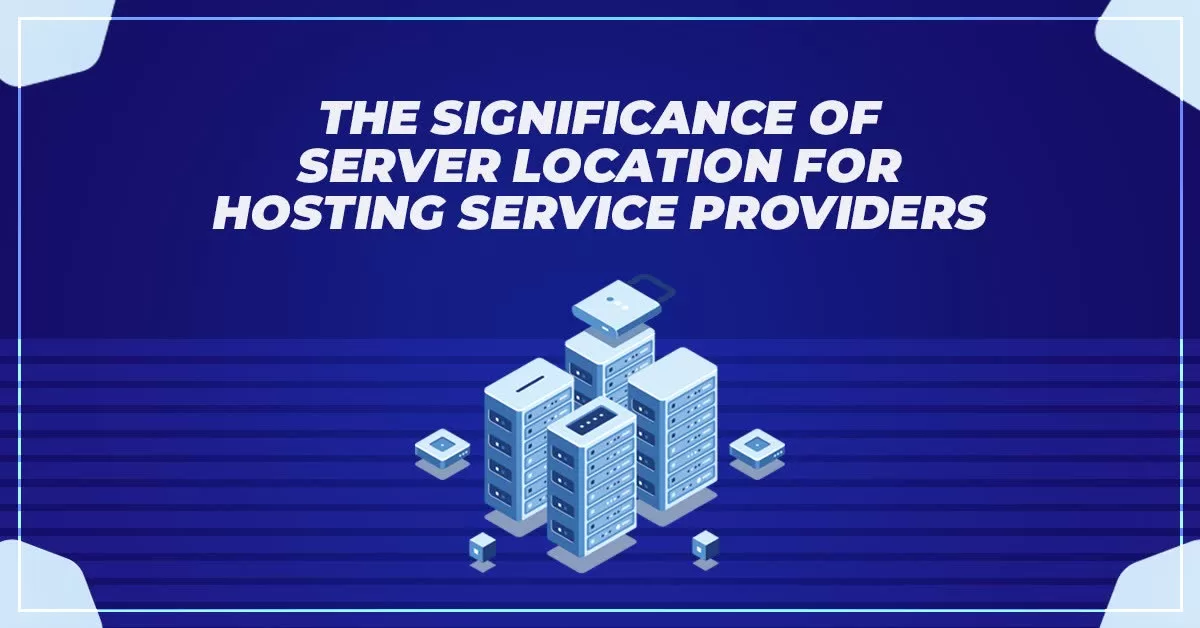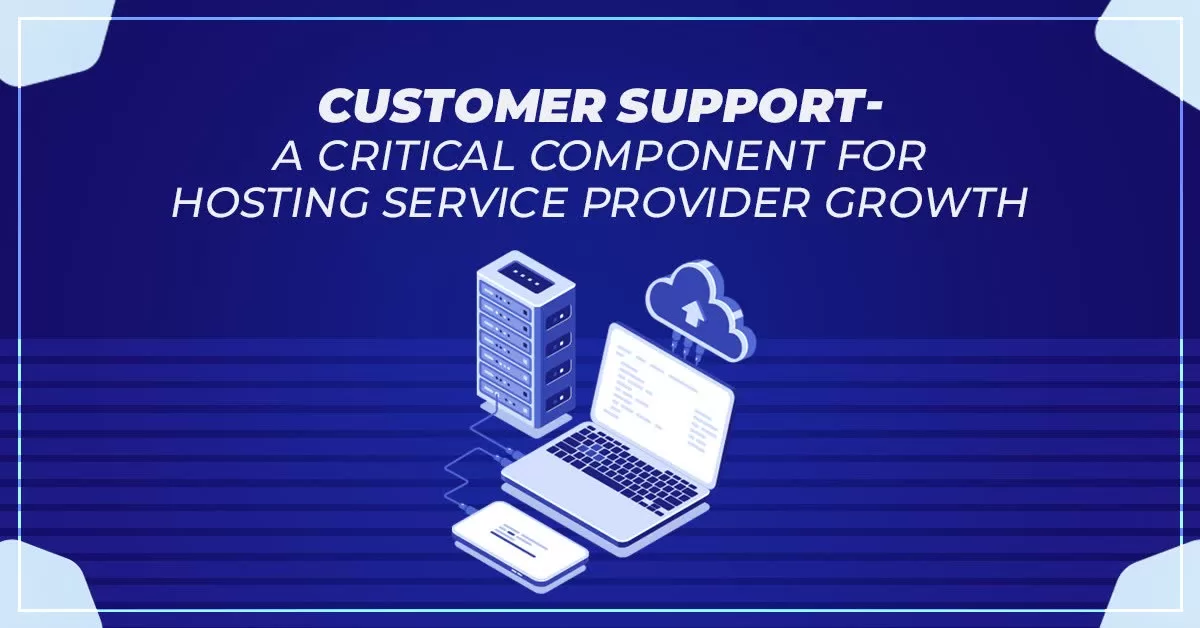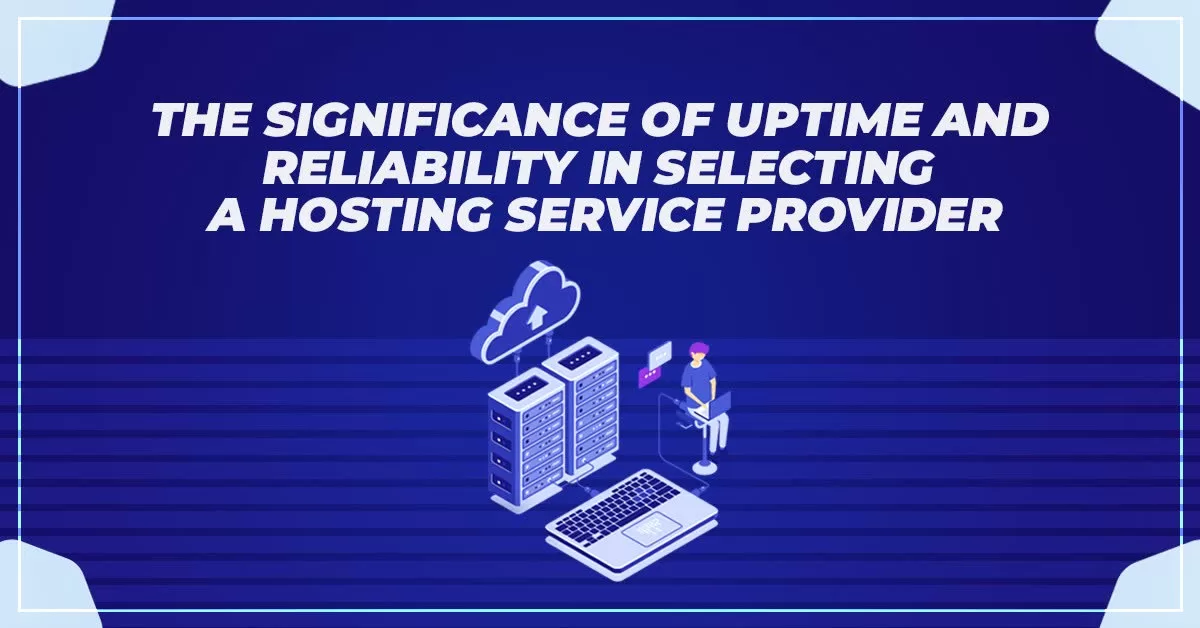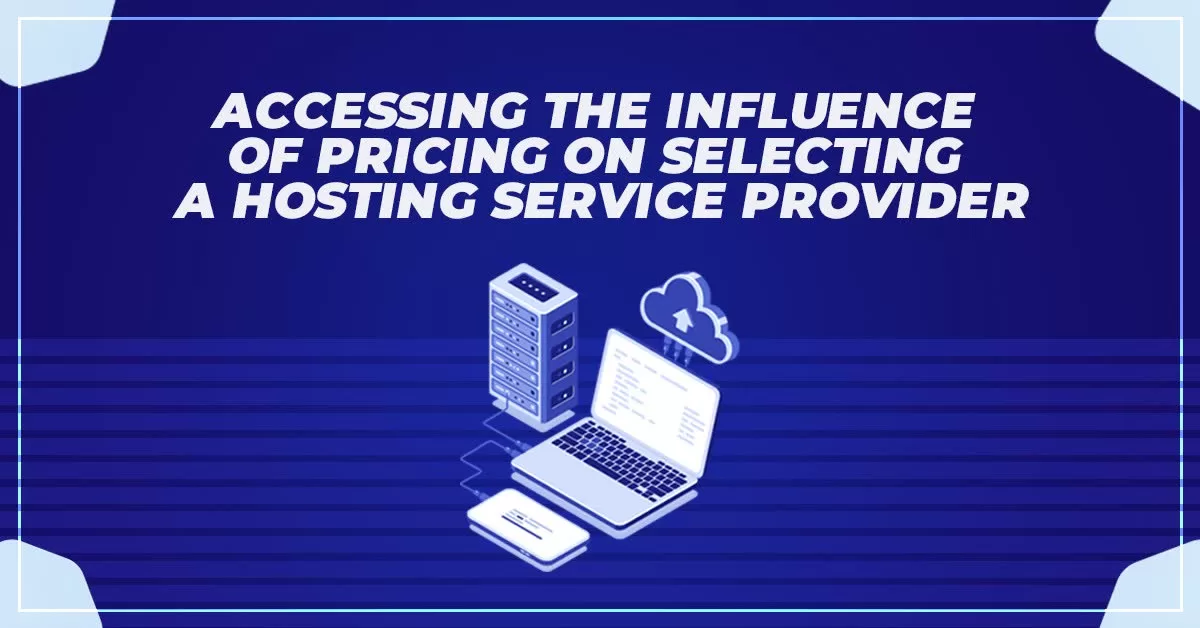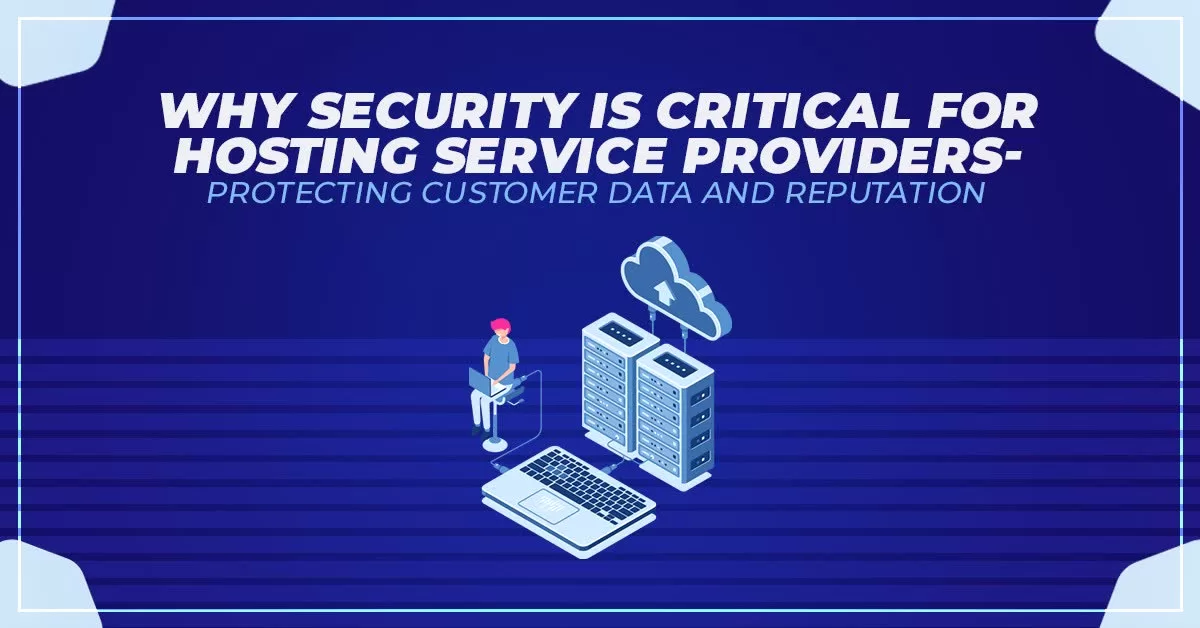The Significance Of Server Location For Hosting Service Providers
Server location plays a critical role in the provision of hosting services, impacting website performance, search engine rankings, and user experience. The best web hosting service providers need to choose the right server location to ensure the best possible service quality for their customers. The choice of server location can impact the website speed, as the distance between the server and the user affects how quickly content can be loaded.
Moreover, server location can also affect search engine optimization (SEO), which is important for businesses looking to improve their online visibility. Search engines like Google consider server location as a factor when ranking websites, with websites that are hosted closer to the user receiving higher rankings. In this article, we will explore the significance of server location for hosting service providers. We will begin by explaining the importance of server location in hosting service provision.
We will also provide a brief overview of the article’s main points, which will include a discussion of the factors affecting server location for hosting service providers, the advantages, and disadvantages of hosting services with different server locations, and best practices for choosing server locations for hosting services. By the end of this article, readers will have a better understanding of how server location can impact hosting service quality and what they should consider when choosing a server location for their business.
The Role Of Server Location In Hosting Services
The location of a server is an essential aspect of hosting services, and it can significantly impact the performance and speed of a website. Server location refers to the physical location of the server that hosts a website or web application. When a user accesses a website, the data is transferred between the server and the user’s device, and the distance between them can affect the speed and performance of the website. For example, a website that is hosted on a dedicated server hosting in UK will perform better for users in the UK compared to those in Asia.
Server location is also a crucial factor in search engine optimization (SEO). This means that for businesses targeting a specific geographic location, such as the UK, dedicated web server hosting in the UK can give them an advantage in terms of website speed and SEO.
In addition to website speed and SEO, server location can also impact user experience. When a website takes a long time to load, users may get frustrated and leave the site. This can lead to a high bounce rate and low engagement, which can negatively impact the website’s performance. By selecting the right server location, the best web hosting service providers can provide their clients with faster website speed and a better user experience.
Factors Affecting Server Location For Hosting Service Providers
When it comes to choosing a server location for hosting service providers, there are several factors that need to be taken into consideration. The key factors include:
- Cost: The cost of infrastructure and maintenance in different regions can vary greatly, which can affect pricing for hosting services.
- Infrastructure: The availability and quality of data centers and network infrastructure can vary across regions, which can impact service reliability and performance.
- Regulations: Some countries have stricter regulations around data privacy and security, which can impact the choice of server location.
- Natural disasters: The risk of natural disasters such as earthquakes, hurricanes, and floods can vary by region, which can impact the safety and reliability of data centers.
It’s important for the best domain name service as well as the best hosting service providers to carefully evaluate these factors when choosing a server location to ensure that they can provide high-quality and reliable services to their customers while also managing costs effectively. The choice of server location can impact the pricing, quality, and performance of hosting services, making it a critical decision for hosting providers.
Advantages and Disadvantages of Hosting Services With Different Server Locations
When it comes to hosting services with different server locations, there are several advantages and disadvantages to consider. In North America, the benefit is that it’s a large market with high internet penetration rates and strong infrastructure. However, the cost of hosting services can be expensive, and the distance from other regions may cause latency issues.
In Europe, hosting services may be less expensive than in North America, and the proximity of different countries can help to reduce latency. However, internet speeds in some countries may be slower than in others, and the regulatory environment can be complex.
In Asia, there are lower hosting costs and high internet penetration rates in certain countries, such as Singapore and Japan. However, some countries have slower internet speeds and may have strict regulatory environments. Additionally, cultural and language differences can make customer support more challenging.
Server Location And Regulatory Compliance
Server location is a crucial factor for the best web hosting service provider to consider, especially when it comes to regulatory compliance with data protection and privacy laws like the GDPR and CCPA. The location of a server can impact compliance with these regulations, as each country has its own set of laws and regulations regarding data protection and privacy. For instance, hosting a website in a country that has less strict data protection laws could lead to potential compliance issues with stricter regulations in other countries.
Moreover, the legal considerations that hosting service providers need to consider when choosing server locations are numerous. They need to consider not only the location of their customers but also the location of their own business, the location of their servers, and the applicable laws and regulations in those locations. Providers should also consider the potential risk of a data breach and the steps required to comply with data breach notification requirements, as well as the requirements for data protection impact assessments, data retention, and data erasure.
Best Practices For Choosing Server Locations For Hosting Services
When choosing server locations for hosting services, providers should consider several key factors. Security is a top priority, and data centers should have robust physical and digital security measures in place. Scalability is also important, and providers should select data centers that can easily accommodate growth in traffic and usage. Network infrastructure, including connectivity and bandwidth, is critical for ensuring fast and reliable website performance.
Ultimately, the best practice for choosing server locations for hosting services is to carefully evaluate all factors and select a data center that meets the provider’s needs while also delivering the best possible experience for customers. By balancing security, scalability, network infrastructure, customer needs, and pricing considerations, providers can ensure the success of their hosting services.
Conclusion
The location of servers plays a crucial role in the success of the best domain name service as well as the best web hosting service providers. Choosing the right server location can affect website performance, user experience, search engine optimization, and compliance with data protection laws. Hosting providers need to consider several factors such as security, scalability, network infrastructure, and customer needs when selecting server locations. While there may be trade-offs between these factors and pricing considerations, hosting providers should prioritize the needs of their customers and provide high-quality services that meet their requirements.
In today’s globalized world, hosting providers must have servers in different locations to cater to their customer’s needs in different regions. Ultimately, hosting providers must remain vigilant in their server location selection to ensure that their services remain competitive and compliant with industry standards.



































